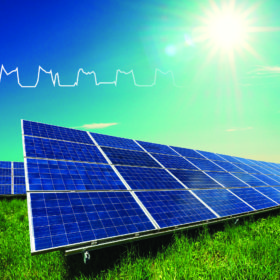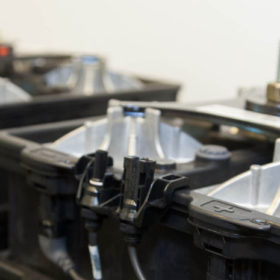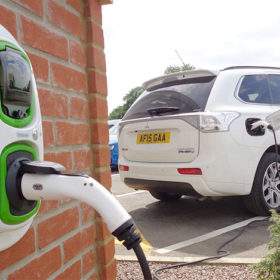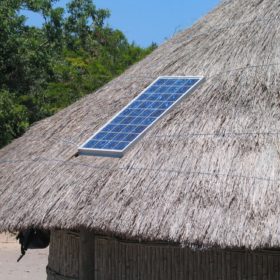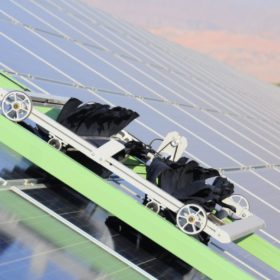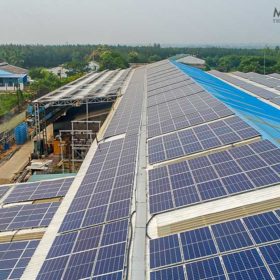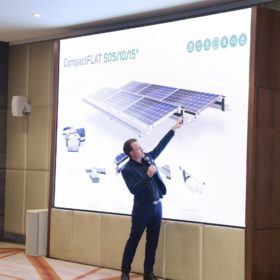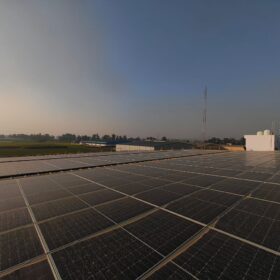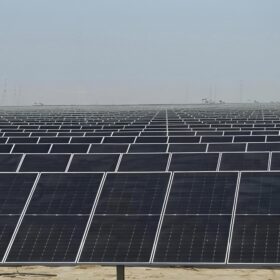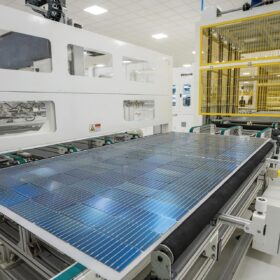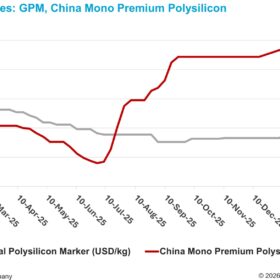DST calls for Indo-Israel joint research on solar energy and storage
December 5 is the last date to submit proposals for the joint research program on advanced materials for next-generation solar energy utilization and energy storage that will sponsor around 10 projects. The maximum funding available for all research projects approved is Rs40 million for the Indian side and 4,000,000 NIS for the Israeli side, for a period of two years.
Indian Railways eyes 500 MW rooftop solar by 2021-22
While 95.67 MW has already been installed on various railways buildings, 248.46 MW capacity—awarded by Railway Energy Management Company Limited—is under different stages of execution.
MG Motor mulling EV battery assembly plant in India
The British carmaker, which is launching its electric SUV early next month in India, plans to set up a battery assembly plant in two years for its electric car models.
Magenta partners real estate developer Lodha Group on EV charger installation
Under the partnership, Magenta will install its electric vehicle charging solution ChargeGrid Pro at Lodha Group’s real estate projects in Mumbai, delivering installation to charging support, round-the-clock service, and maintenance support.
Pay-as-you-go solar provider Greenlight Planet partners telco Orange in Africa
The partnership allows Orange subscribers to access Greenlight Planet’s off-grid solar systems via simple mobile pre-payment, wherever they are and regardless of their total energy needs.
Ecoppia to deploy cloud-based robotic cleaners for over 400 MWp Fortum solar projects
The Israeli developer of module cleaning robots—which has secured over 7 GW of projects globally—will deploy its connected and water-free E4 solution for Fortum projects in Pavagada and Bhadla solar parks.
Abu Dhabi’s Masdar invests $150 milion in Hero Future Energies
The clean tech company will use the amount to fund its expansion as it plans to reach 5 GW of solar capacity in the next two or three years.
Coal India tenders 100 MW solar projects in Chattisgarh
The projects—to be developed in ‘Capex’ mode—are part of the coal producer’s planned solar capacity of around 3 GW to emerge as a net zero energy company. Bidding closes on November 25.
U GRO Capital, Sunvest Capital to co-lend Rs 200 million to MSMEs for rooftop solar
The partnership will leverage the market intelligence of Sunvest and the tech-driven platform of U GRO in lending to MSMEs for rooftop solar.
Austrian company Aerocompact to make solar racking in India
The ‘intelligent’ racking solutions provider has joined hands with Norwegian aluminium producer Hydro Extrusion’s India arm to manufacture PV racking for rooftops. The manufacturing unit—located in Bengaluru—is eyeing at least 20 MW of business from India in the next six months.
